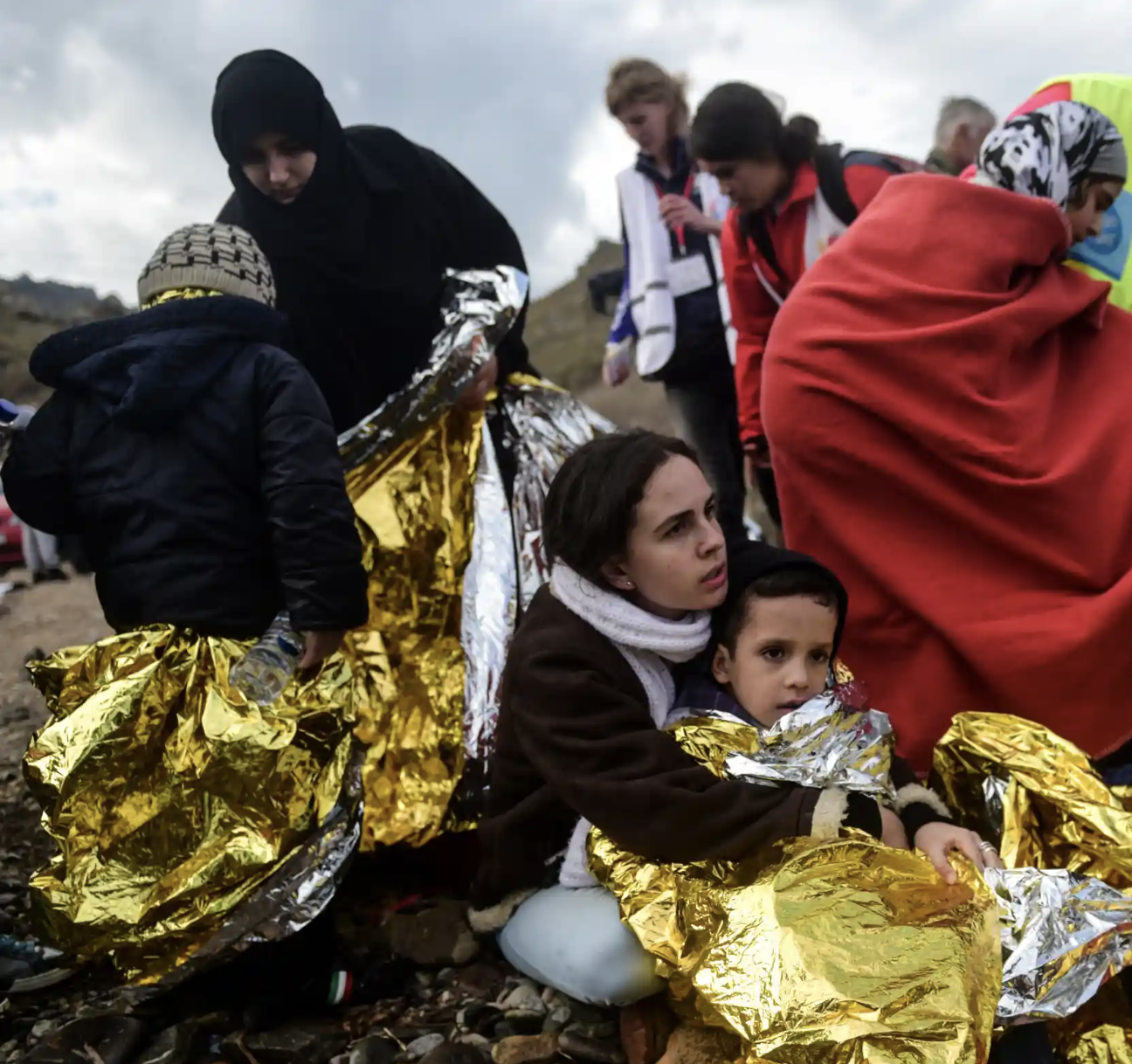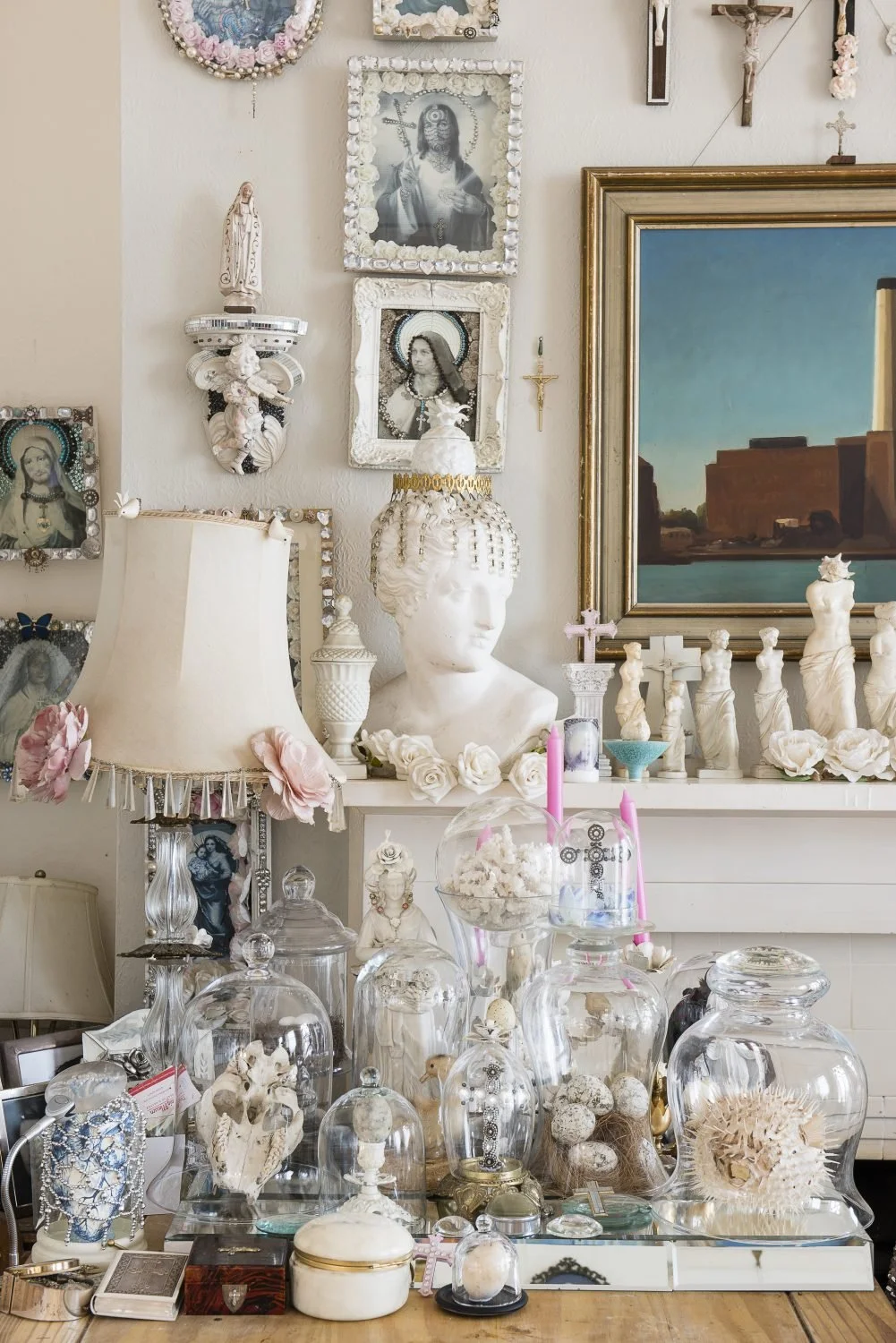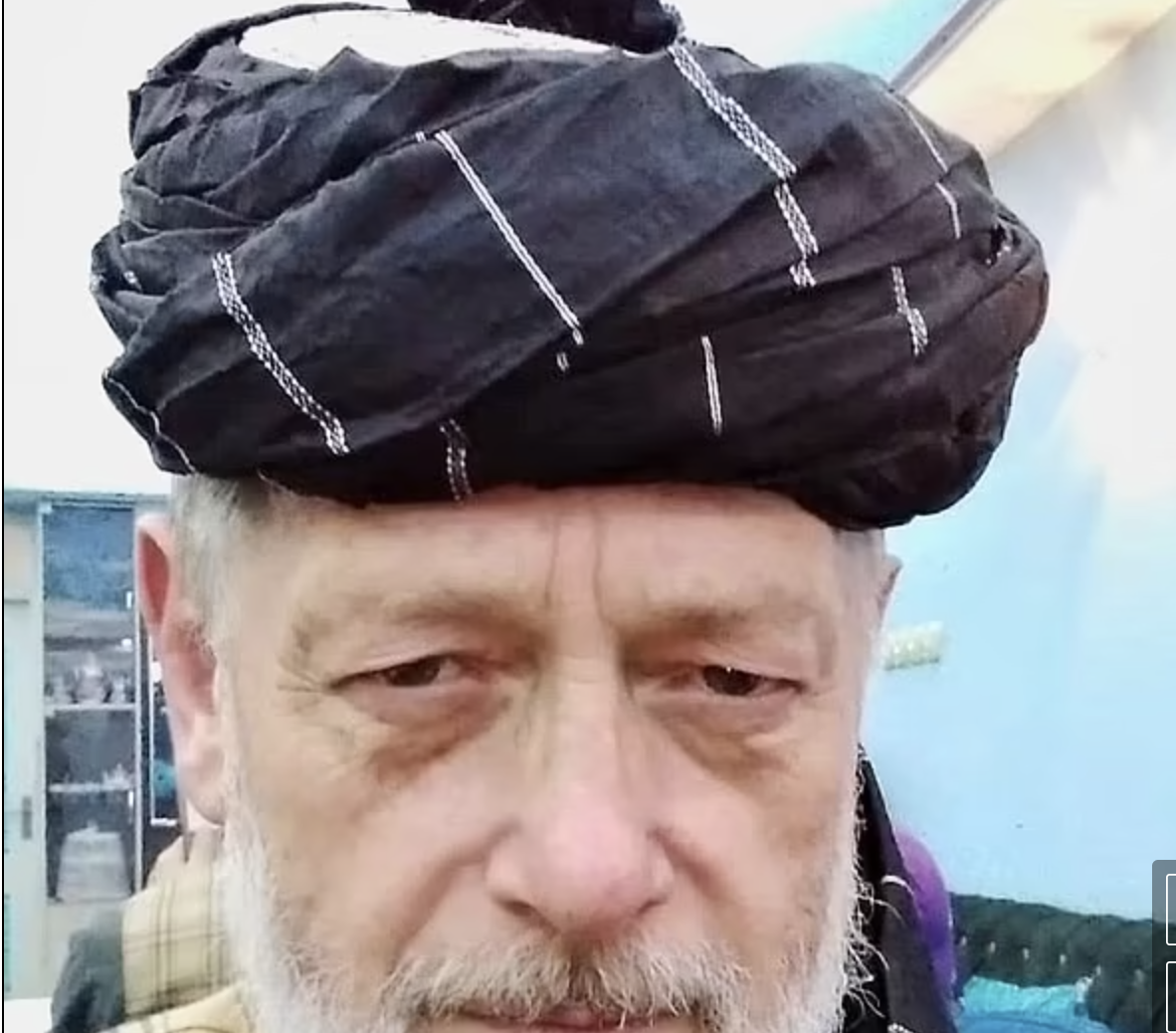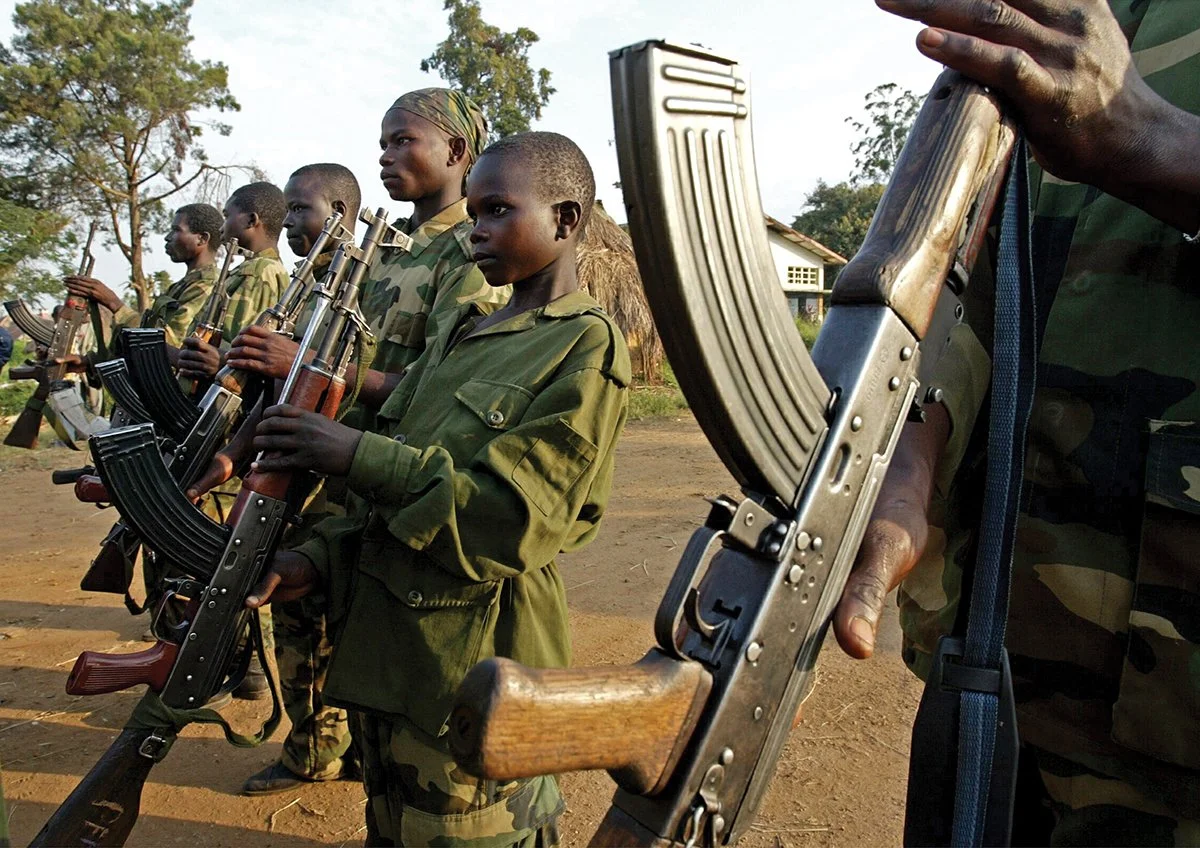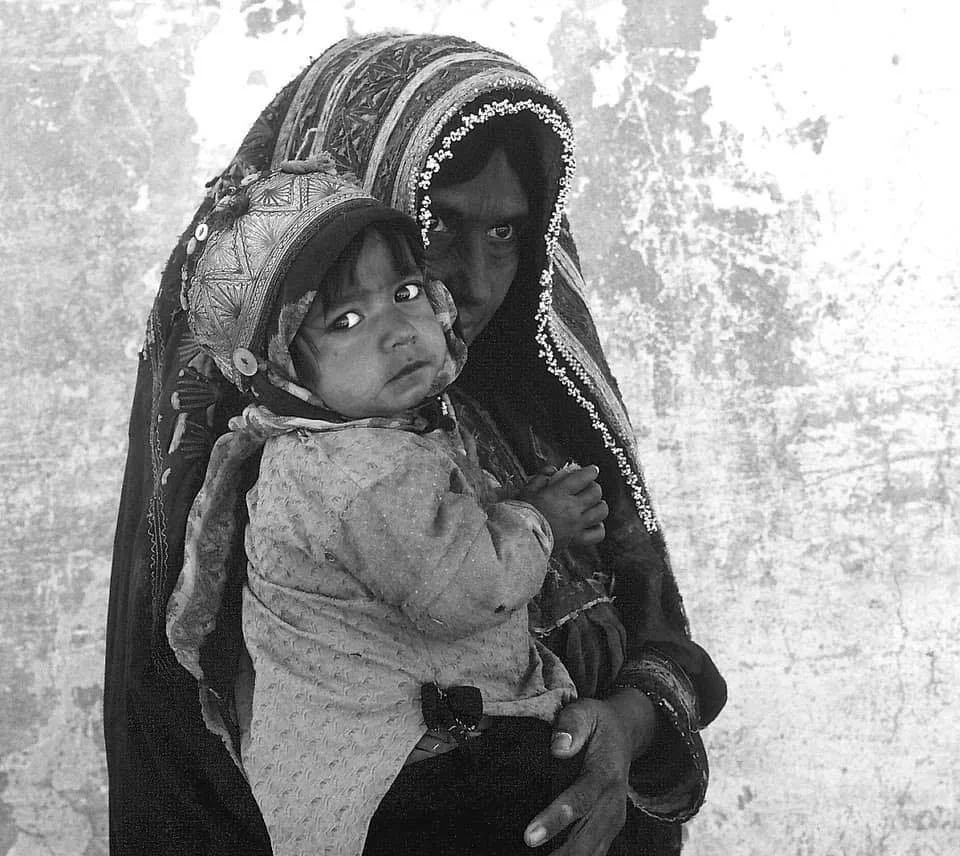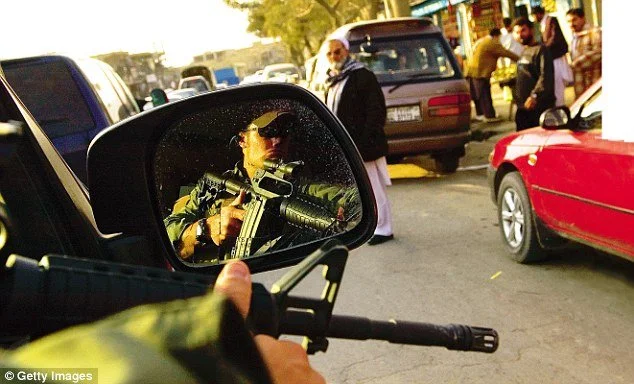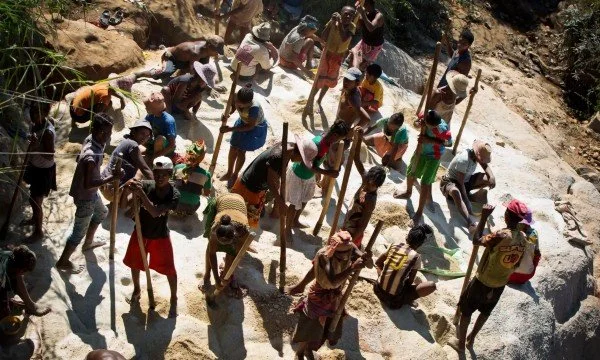
Print & Digital
-
![]()
Hundreds of UK passport holders are still trapped in Afghanistan | Daily Mail
Dozens of children are among hundreds of British citizens still trapped in Afghanistan and fearful of the brutal Taliban regime.
After the Government was last week accused of prioritising the evacuation of animals, families told The Mail on Sunday how they feel 'abandoned'.
One man – who has lived in the UK since 1999 but had returned to…
-
![]()
My friends are on the Taliban’s kill list, hiding in cellars with kids and ‘disappearing’ – it’s terrifying | The Sun
I’m sitting in my home in Hastings, a peaceful East Sussex seaside town, my inbox full of pleas for help from Afghanistan – which has now become hell on Earth.
Female university professors. Magazine editors. Doctors. Judges. High profile people in Afghanistan. Everyone knew these women were going to be a target when the Taliban took over…
-
![]()
Ebola Is Still Affecting the Women and Girls of Sierra Leone | VICE
"I didn't want to die. I knew if I stayed in that place then I would."
Thirty-three year old Isatu recalls the day she ran away from an Ebola treatment center, an action that sparked a military manhunt across the city of Freetown in Sierra Leone. Highly contagious, Isatu represented a walking public health nightmare.
"I just wasn't thinking straight. I wanted to go home. My sister and I ran but we realized that people were looking for us. We hid for some time in an empty building. I felt very sick. In the end we realized that we had nowhere to go so we had to go back even if [it meant] we died."
-
![]()
Chaotic Lesbos far from a refuge for many women and children | Migration and development | The Guardian
“My husband was killed in the war. I can’t lose my kids too.” Rozin’s tone is flat, matter of fact. She’s in shock. Clutching her three-year-old daughter, Falaq, she recounts how she arrived in Greece three days ago wet, cold and terrified. “We saw death with our eyes. There were four boats with ours. One went into the water and a lot of kids drowned. Everything fell in the water – my money, my phone.”
At this she becomes hysterical. “How can I find them? How can I find my kids?”
-
![]()
Climate change plagues Madagascar's poor: 'The water rose so fast' | Global development | The Guardian
Severe droughts and floods have had a devastating impact on the island’s rural poor, who are reliant on small-scale farming or fishing.
-
![]()
'Very, very severely malnourished': South Sudan's children on the brink | Malnutrition | The Guardian
Mothers queue for nut paste to feed not just their babies but their whole families, as conflict and inflation stop food reaching parts of South Sudan
-
![]()
‘Our futures have been taken’ | Tes Magazine
Syrian child refugees in Lebanon may have escaped the savage fighting, but many are traumatised, unable to access education and living in desperate circumstances
-
![]()
The great carbon credit con: the 'eco' companies causing pollution | The Mail on Sunday
In the fields around this giant chemicals factory in Gujarat, the barren soil smells of paint stripper and the water from the well makes you gag. So why has it been given tens of millions of pounds of taxpayer-funded UN ‘green reward points’, which are traded hungrily on the financial markets at huge profit?
-
![]()
I was trolled by furious neighbours for painting my building ‘boring’ grey - so decided to get revenge in perfect way | The Sun
A PLUMBER got the ultimate revenge on his neighbours after they complained about him painting his building "boring" grey.
Andy Nesbitt, 55, from posh seaside town St Leonards on Sea, East Sussex, was gobsmacked when over 250 locals moaned about the colour change on a Facebook group…
-
![]()
A Slice of Heaven – Wealdon Times
She has a shop called In House Junkie – and we’re finding Samantha Bruce’s Tunbridge Wells house very hard to resist.
The devil is in the detail as the saying goes. But in Samantha and Dougie Bruce’s house the details are more celestial. Sumptuous velvet seating, a Moroccan tiled feature wall, a lamp with a corset shade – and not forgetting the deep copper and white enamelled bath in the master suite…
-
![]()
The Mother of Reinvention - Wealdon Times
Sassy Luke cites her two big interior loves as “the ridiculous and the sublime”. That’s her approach to the wonderfully idiosyncratic paintings, etchings, icons, greetings cards and cushions she makes. But it’s also true of her home. The Georgian flat overlooking the sea is a veritable cornucopia of rescued objects, family heirlooms, upcycled treasures and Sassy’s original artworks.
As soon as you enter the eye is drawn to a magnificent collection of vintage hats, coats and handbags on one side and beautiful Moorish pottery plates hanging on the walls on the other side. Sassy lived in Spain when she was younger and fell in love with both the Moorish architecture and ceramics. But it also reveals the wonderfully informal and fun way Sassy entertains at home.
-
![]()
John Simpson fears for his ex-BBC friend Peter Jouvenal being held in a squalid call by the Taliban | Daily Mail
John Simpson has spoken of his fears for his close friend and former BBC cameraman who's being held captive by the Taliban.
Distinguished British journalist Peter Jouvenal, 64, has been locked in a cell without being charged or given legal help since he was arrested in Kabul two months ago.
-
![]()
Peaches Geldof's descent into drug abuse charted in Pete Doherty's new journals | Daily Mail
It is a tragic postscript to her death, penned by a teenage Peaches Geldof frightened she would overdose on heroin just like her mother.
Aged only 19, sitting in troubled singer Pete Doherty’s Camden flat – a notorious drug den frequented by a string of celebrities – she wrote nine simple words: ‘I solemnly swear I am not going to die.’
In the end, it was a promise she could never keep.
-
![]()
South Sudan: the juvenile prison where life is better on the inside | Conflict and arms | The Guardian
Most of our children are in here for committing the crime of stealing food,” says senior probation officer Altaf Hawa Bol. “Many of them are children from other counties. Most of them don’t have families.”
She gestures to the boys kicking a football around the muddy internal courtyard of Wau juvenile detention facility. A group of older boys sit in a corner chatting, eyeing a stick-wielding prison guard nervously. Somewhere in the background a child can be heard screaming.
-
![]()
A second chance | Tes Magazine
Traumatised, deprived of schooling and forced to kill, former child soldiers in Uganda face a difficult journey back to normality. But with support and education, often involving a return to primary school in their twenties, life can begin again.
-
![]()
Afghan midwives deliver life-saving birth education | BBC
Afghanistan is one of the most dangerous places in the world to have a child. Women face a one-in-11 risk of dying during pregnancy and childbirth, while one in five children dies during or after birth or before the age of five. Nadene Ghouri reports on one initiativ to try to make giving birth safer.
-
![]()
How to make a killing in Kabul: Western security and a crisis in Afghanistan | Mail on Sunday
Western private security firms earn a fortune in Afghanistan, but as Nadene Ghouri reports, they've been accused of funding the Taliban, turning the locals against the British - and murder.
The mobile phone video footage of the attack is grainy and shaky, but the events are clear. A convoy of vehicles – trucks carrying Nato supplies, and four-wheel-drives carrying the armed Afghan and foreign guards who are supposed to protect the trucks – suddenly comes under attack from the Taliban.
A shockwave from a roadside bomb hits the lead vehicle like a huge slap in the face. The driver of the second lorry swerves around the smoking bomb crater. Two more lorries follow close behind. This is the golden rule in a convoy attack: don’t stop.
Behind the last lorry, a four-wheel drive turns off the side of the road to help the stricken vehicle. One of the guards, an Afghan, is hit by a bullet. He screams as his friends drag him behind a wall for cover.
-
![]()
Sierra Leone beds in against Ebola repeat with UK military’s 'hospital in a box' | Guardian
A mobile hospital that can be up and running anywhere in Sierra Leone within 48 hours will form the bedrock of the country’s response to future Ebola outbreaks, reports Nadene Ghouri.
In Magazine Wharf, one of Freetown’s largest slums, rivers of stinking mud and debris tumble from the central market, down a steep hill crammed with precarious wood- and tin-built dwellings. The homes continue all the way down to the sea, where there is a small fishing port.
Roughly 3,500 people live here, housed in narrow alleyways where women crouch over fires, smoking fish next to children washing in buckets. Pigs and chickens wander freely.
Families are squashed in so tightly that the cacophony of children, laughter and shouting is deafening.
-
![]()
As Sierra Leone counts the days to Ebola all clear, safe burial teams press on - Guardian
With Ebola in retreat, Sierra Leoneans yearn for a return to normality. But for the burial teams tasked with upholding public safety, life remains far from normal.
Samura Osman, a former soldier, died at home from an unspecified illness. He was 35. Osman’s corpse – a potential public health risk following the Ebola outbreak – lies swaddled and zipped in a body bag, awaiting safe burial by a team of trained volunteers equipped with masks and protective clothing.
As Sierra Leone counts down to 7 November in the hope it will be declared Ebola-free – the date marks 42 days since the last recorded case – families must continue to bear the strict public safety procedures that have helped to contain the disease. No shaking hands, washing hands when entering or leaving buildings, and safe burials for all, whatever the cause of death.
-
![]()
Surge in gold prices brings no change in fortune for Madagascar's miners - Guardian
Lack of investment and regulation means life is hard for the men, women and children panning for tiny fragments of gold along Madagascar’s river beds
A drumming sound reverberates across the bridge and over the valley: the gold panners are hard at work.
Dotted along the edges of a river bed are hundreds of people, rhythmically banging wooden poles into the red earth. They are gold miners “sampling” the dry soil for the precious metal. Crouched alongside them are other workers, carefully panning piles of earth through homemade metal sieves.
Maria, 45, holds out a plastic dish of earth. “See? Here it is.” She points to some tiny fragments of what looks like glitter. “Now we know there is gold in this spot, so now my husband will continue to dig deeper to see if we can find more. Maybe we will or maybe we won’t. With this work there is no guarantee.”
Additional Stories:
News and Investigations
Policing the beaten: training South Sudan’s cops to help survivors of gender violence | The Guardian
Cloned meat farmer Steven Innes has no regrets - BBC News
Taliban have $10,000 price on my head - Daily Mail
BBC NEWS | South Asia | The only guest in town’s luxury hotel
My job is to make children hopeful: inside Liberia’s deaf school | Global education | The Guardian
Dispatches . Dispatches . Afghanistan: Women and the Silent Addiction to Opium | PBS
Dirty water muddies future for Madagascar’s children | Sanitation | The Guardian
A Passage from India – Priceless Magazines



